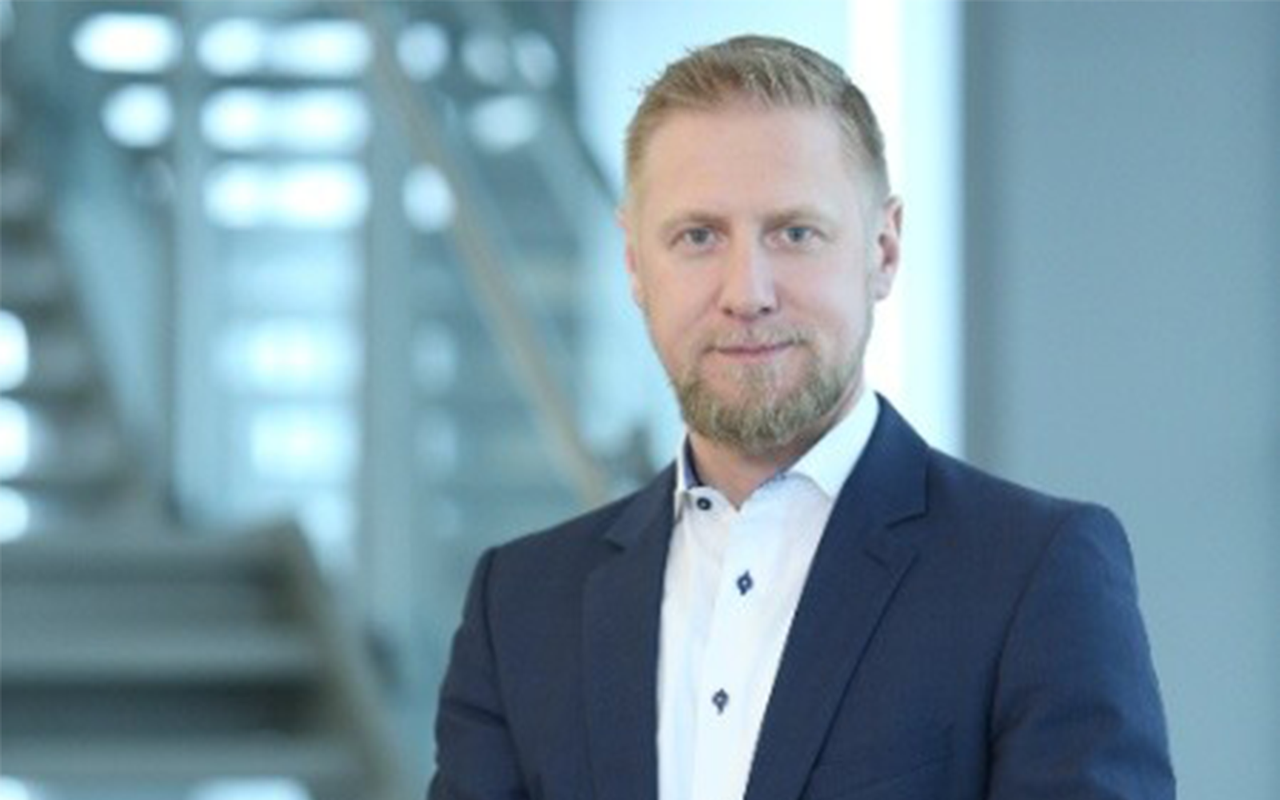ams OSRAM's Sustainability Strategy
Sustainability is increasingly becoming a business factor for companies. Martin Bachler, Head of Group Sustainability, explains how this affects ams OSRAM's sustainability strategy and what role optical solutions play in addressing societal challenges.
What role does sustainability play at ams OSRAM?
For us, sustainability stands for the long-term success of our company. This will be achieved by creating equal measures of added value for our company, our customers and society as a whole. We will enjoy long-term success if our products contribute to achieving our customers' sustainability goals. We are attractive to investors if we create long-term value and make ourselves resilient to risks. And from a social perspective, we are successful when our products improve people's lives.
How exactly do our products help customers reach their ESG targets?
Firstly, by taking responsibility for our products, in terms of environmental compatibility, sustainable manufacturing and product safety. In addition, customers benefit in particular from the positive properties of our products. Due to their energy efficiency and very small dimensions, optical semiconductors are ideally placed to replace traditional technologies with a poorer ecological balance. The use of LEDs, for example, has led to significant energy savings in both general lighting and automotive applications. To illustrate the magnitude: simply by replacing all halogen daytime running lights with LED technology, around 1,900 metric tons of CO2 could be saved every year, in Germany alone.
What is the current status of the company’s efforts with regard to sustainability?
It is still only just over two years since the start of the integration of ams OSRAM, however we have achieved a lot in this timeframe. For instance, we harmonized a wide range of our processes, we carried out a materiality analysis and published our first joint sustainability report – by the way the second will be published beginning of May. We have also developed a sustainability strategy encompassing the entire Group, with five focus areas. Our key goals have already been published in 2022: carbon neutrality in our own value-creation by 2030 as well as a 25 percent share of women in management positions by 2026. Meanwhile additional targets have been developed as part of our new comprehensive sustainability strategy. The Supervisory Board has also defined key points with regard to sustainability: the long-term compensation paid to members of the Management Board will be tied to specific ESG targets, and an ESG Committee has been set up within the Supervisory Board.
How important is collaboration with other companies and stakeholders in making progress on sustainability?
Cooperation with customers, suppliers, partners and also competitors is elementary. Complex issues such as the circular economy cannot be achieved by one company alone. You can only do something like that in a network. That's why we are a member of the Responsible Business Alliance, for example, in order to share results in the assessment of suppliers. And we recently became a founding member of the Semiconductor Climate Consortium.
What drives you personally?
My goal is to anchor sustainability in all processes and decisions in the company and to internalize it among the workforce in the truest sense of the word. My vision is that every department in the company can tell its own sustainability story. There is still some way to go until then, but as the saying goes: sustainability is a journey.
_______
About Martin Bachler
As head of Group Sustainability at ams-OSRAM AG Martin Bachler is in charge since November 2021 of anchoring sustainability throughout the entire Group and along the whole value chain. After his degree in European Business Studies in Regensburg and La Rochelle, Martin has been joined OSRAM in 2004. He had been responsible for various lamp and light technologies at several stations as Product Marketing Manager and Portfolio Manager before he represented OSRAM's interests as Director Governmental Affairs within several associations and the European Commission. At the same time, he also represented OSRAM in the United Nations Environment Program Initiative "United for Efficiency". Before his current position Martin headed the Projects and Strategic Communication Planning department at OSRAM Licht AG.
© 2023 Luger Research e.U. – Institute for Innovation & Technology

